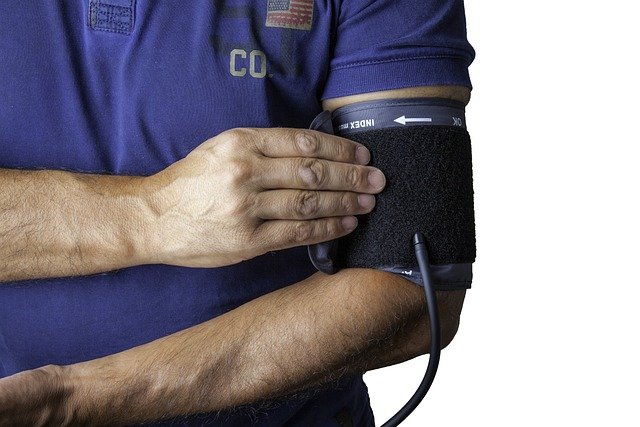HPV is More Common Than You Think - Most People Don't Know They Have It
Human papillomavirus affects approximately 80% of sexually active adults at some point in their lives, yet many remain unaware of their infection status. Most HPV infections show no symptoms, making regular testing essential for early detection. Understanding your HPV status through proper screening helps identify potential health risks and allows for appropriate medical monitoring and preventive care with qualified healthcare providers:

Understanding HPV Testing: What You Need to Know
HPV testing is a crucial diagnostic tool that helps identify the presence of the virus, particularly high-risk strains that may lead to cancer. Modern testing methods are quick, accurate, and widely available through healthcare providers. Regular screening is especially important for women during routine gynecological exams, as certain HPV strains can lead to cervical cancer. Testing may include Pap smears, HPV DNA tests, or both, depending on age and risk factors.
When to Seek Specialist Consultation
Consulting a healthcare specialist is essential if you receive a positive HPV test result or develop visible symptoms. Specialists can provide comprehensive evaluations, determine the specific HPV strain, and recommend appropriate treatment plans. They may include gynecologists, urologists, or infectious disease specialists who have extensive experience managing HPV cases and related conditions.
Available Treatment Options and Management Strategies
While there’s no cure for HPV itself, various treatments exist for managing its symptoms and complications. Treatment approaches may include:
-
Prescription medications for warts
-
Cryotherapy to freeze and remove abnormal cells
-
LEEP procedures for removing precancerous cervical tissue
-
Regular monitoring and follow-up care
-
Immunotherapy options in specific cases
Prevention Resources and Protective Measures
Prevention remains the most effective strategy against HPV infection. Key preventive measures include:
-
HPV vaccination for eligible age groups
-
Regular health screenings
-
Safe sex practices and barrier protection
-
Lifestyle modifications to support immune system function
-
Educational resources for understanding transmission risks
Navigating Insurance Coverage for HPV Care
Most health insurance plans cover HPV-related medical care, including testing and treatment. Coverage typically includes:
-
Routine screenings and Pap smears
-
HPV DNA testing
-
Prescribed treatments for complications
-
Vaccinations for eligible individuals
-
Follow-up care and monitoring
Healthcare Provider Comparison Table:
| Provider Type | Services Offered | Typical Coverage |
|---|---|---|
| Primary Care | Basic screening, vaccinations | Most insurance plans |
| Gynecologist | Comprehensive testing, specialized treatment | Major medical insurance |
| Sexual Health Clinic | Testing, counseling, treatment | Sliding scale/state programs |
| Cancer Centers | Advanced treatment for complications | Specialized coverage required |
Prices, rates, or cost estimates mentioned in this article are based on the latest available information but may change over time. Independent research is advised before making financial decisions.
Understanding HPV and actively managing your health through regular screenings and preventive measures is essential for long-term wellbeing. While the prevalence of HPV can be concerning, modern medical advances have made it increasingly manageable with proper care and attention.
This article is for informational purposes only and should not be considered medical advice. Please consult a qualified healthcare professional for personalized guidance and treatment.




